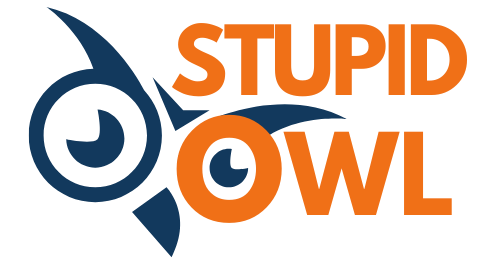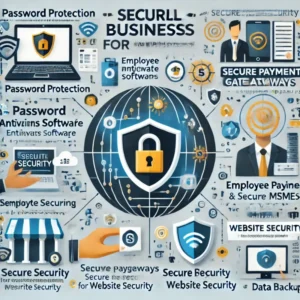Relevant Information: What You Need to Know
When it comes to gathering information, it’s not always about being the smartest or the most knowledgeable person in the room. Instead, it’s about knowing how to find and utilize the relevant information that you need. In this blog post, we will discuss some tips and strategies for gathering and utilizing the information that is most relevant to your needs.
Identifying Your Information Needs
The first step in gathering relevant information is to clearly identify your information needs. What specific information are you looking for? What is the purpose of your search? By clarifying your objectives, you can narrow down your focus and avoid wasting time on irrelevant information.
For example, if you are conducting research for a business project, you may need information about market trends, competitor analysis, or customer preferences. By defining your specific needs, you can streamline your search and find the most relevant information more efficiently.
Choosing Reliable Sources
Once you have identified your information needs, the next step is to choose reliable sources. With the vast amount of information available online, it’s important to be discerning and critical of your sources.
Look for reputable websites, academic journals, or industry publications that are known for their expertise and credibility. Avoid relying solely on information from social media or personal blogs, as these sources may not always be reliable or accurate.
Additionally, consider the timeliness of the information. Depending on your needs, you may require the most up-to-date data or historical information. Be mindful of the publication dates and ensure that the information you are using is still relevant and valid.
Organizing and Analyzing Information
Once you have gathered the relevant information, it’s important to organize and analyze it effectively. This will help you make sense of the data and draw meaningful conclusions.
Consider using tools such as spreadsheets, mind maps, or note-taking apps to organize your findings. Categorize the information based on themes or topics to make it easier to navigate and retrieve later on.
When analyzing the information, look for patterns, trends, or correlations. This will help you identify key insights and draw conclusions that are relevant to your objectives.
Applying the Information
Finally, the most important step is to apply the information you have gathered to your specific needs or goals. Whether it’s making informed decisions, solving problems, or developing strategies, the relevance of the information lies in its practical application.
Consider how the information can be utilized to address your specific challenges or opportunities. Look for opportunities to integrate the information into your work, projects, or decision-making processes.
Conclusion
Being able to gather and utilize relevant information is a valuable skill in today’s information-driven world. By identifying your information needs, choosing reliable sources, organizing and analyzing the data, and applying it to your specific goals, you can make informed decisions and achieve better outcomes.
Remember, it’s not about being the smartest or the most knowledgeable, but rather about knowing how to find and use the information that is most relevant to your needs.




